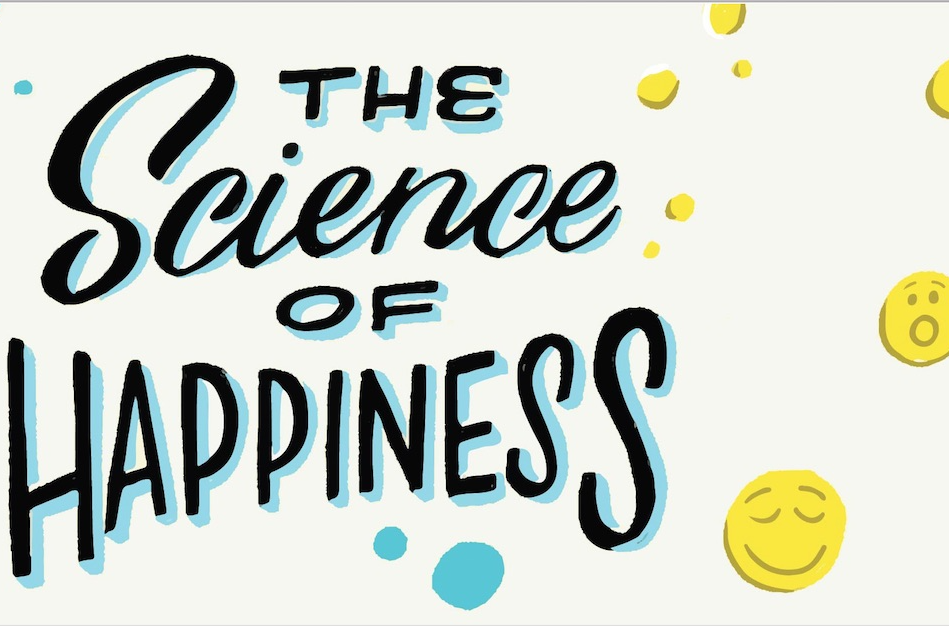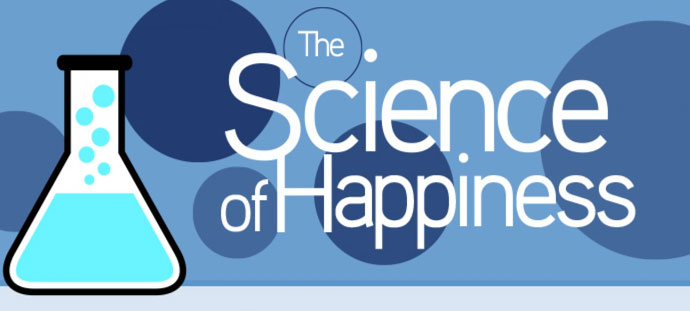Discover the fascinating science behind happiness and learn how to cultivate a joyful and fulfilling life. From neuroscience to positive psychology, this article explores the factors that contribute to happiness and provides practical strategies for enhancing your well-being.
Introduction
Happiness is a universal human aspiration, yet its understanding goes beyond mere emotions. This article delves into the science of happiness, revealing the intricate interplay of biology, psychology, and lifestyle choices that contribute to our overall well-being and life satisfaction.
Unraveling the Brain’s Happiness Pathways
Neuroscience has revealed that happiness isn’t just an abstract concept—it’s intricately linked to brain chemistry. Neurotransmitters like dopamine and serotonin play a crucial role in regulating mood and emotions. Discover how certain activities and experiences trigger the brain’s “feel-good” responses.
The Role of Positive Psychology
Positive psychology is a field dedicated to understanding and promoting human flourishing. Researchers in this field explore the factors that contribute to happiness, such as gratitude, resilience, and social connections. Learn how adopting a positive mindset can reshape your perception of life.

The Impact of Social Connections
Human beings are inherently social creatures, and our relationships play a pivotal role in our well-being. Explore the science behind social connections, from the release of oxytocin during bonding to the importance of nurturing meaningful relationships for long-term happiness.
The Pursuit of Meaning and Purpose
Leading a purpose-driven life is closely linked to happiness. Discover the importance of finding meaning in your actions and contributing to something greater than yourself. Whether through work, hobbies, or volunteer activities, a sense of purpose can enhance your overall satisfaction.
The Practice of Gratitude
Cultivating gratitude is a scientifically proven way to boost happiness. Engaging in regular gratitude exercises rewires the brain to focus on positive aspects of life, fostering contentment and reducing stress. Learn simple techniques to integrate gratitude into your daily routine.
The Role of Physical Activity
Physical activity isn’t just beneficial for your body—it also has a significant impact on your mood. Exercise releases endorphins, which are natural mood enhancers. Whether it’s a brisk walk or a yoga session, regular physical activity contributes to a happier and more balanced life.
The Impact of Mindfulness and Meditation
Mindfulness and meditation practices have gained prominence for their positive effects on mental well-being. These practices promote present-moment awareness and reduce rumination, leading to reduced stress and increased overall happiness.
The Connection Between Giving and Happiness
Engaging in acts of kindness and giving back to the community can significantly boost happiness. The “helper’s high” is a phenomenon where performing altruistic acts triggers feelings of joy and satisfaction. Explore the reciprocal relationship between giving and receiving happiness.
FAQ’s
Q: Can happiness be scientifically measured?
A: While happiness is subjective, researchers use standardized scales to measure well-being and life satisfaction. These scales assess factors like positive emotions, engagement, relationships, meaning, and accomplishments.
Q: Can genetics influence happiness?
A: Genetics can play a role in an individual’s predisposition to happiness. However, research suggests that external factors and intentional practices have a more significant impact on overall well-being.
Q: How can positive psychology interventions enhance happiness?
A: Positive psychology interventions, such as practicing gratitude, engaging in acts of kindness, and focusing on strengths, can enhance happiness by shifting your perspective and cultivating a positive mindset.
Q: Is happiness a constant state or fleeting moments?
A: Happiness is a dynamic and evolving experience. It encompasses both fleeting moments of joy and an overall sense of life satisfaction. Cultivating practices that enhance well-being can lead to more sustained happiness.
Q: Can happiness influence physical health?
A: Yes, there is a strong link between happiness and physical health. Positive emotions and a sense of well-being have been associated with reduced stress, improved immune function, and a lower risk of chronic diseases.
Q: How can I incorporate mindfulness into my daily life?
A: Start with simple mindfulness practices, such as mindful breathing, body scans, or mindful eating. Dedicate a few minutes each day to focus on the present moment and gradually expand your mindfulness practice.
Conclusion
The science of happiness unveils the intricate ways in which our biology, psychology, and lifestyle choices converge to shape our well-being. By understanding the brain’s happiness pathways, adopting positive psychology principles, nurturing social connections, and practicing gratitude and mindfulness, you can embark on a journey towards a more joyful and fulfilling life.
============================================
